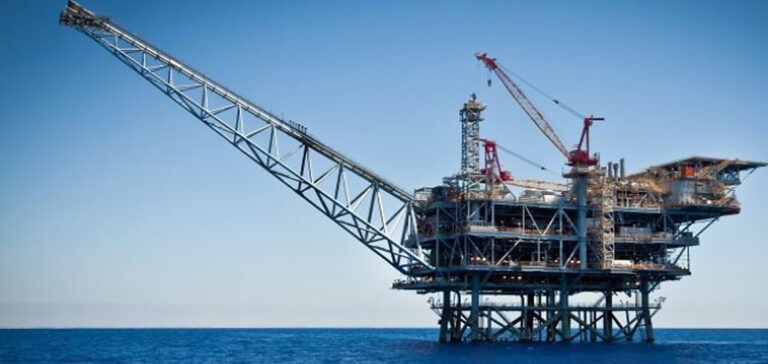Chevron’s suspension of the Tamar gas platform is a significant decision. This platform is located off the Israeli coast. It is operated by the American oil and gas giant. This action follows instructions from the Israeli government in the wake of the Hamas offensive.
Chevron’s priority
The safety of our teams, local populations and theenvironment remains Chevron’s top priority. First, the group underlined this assertion in a statement transmitted by a spokeswoman. Secondly, it should be noted that this directive was issued by the Israeli Ministry of Energy. The suspension of operations at Tamar is a necessary precautionary measure. It recalls a previous event in May 2021. At that time, Chevron had already paused its platform in response to a series of rocket attacks on Israel. The acquisition of US-based Noble Energy in 2020 gave Chevron control of the Tamar and Leviathan platforms. These platforms are both located off the Israeli coast. Today, the Leviathan platform, also near Tamar, continues to supply natural gas to customers in Israel and the region.
The importance of these gas platforms is undeniable for Israel, which has undertaken their exploration and exploitation with the aim of strengthening its energy independence. For many years, the country was dependent on Egyptian gas imports for its energy needs.
Impact on European energy markets
The suspension of operations at Tamar has already had an impact on the European energy market, with a significant rise in gas prices. Indeed, at around 16:40 GMT, the European gas reference contract recorded an increase of 12.4%, reaching 43.00 euros per megawatt-hour (MWh). This increase testifies to the strategic importance of the Tamar platform in Europe’s gas supply. Disruptions in the exploitation of these offshore gas resources have a direct impact on the balance of supply and demand for natural gas, resulting in higher prices on international markets.
In addition, Chevron’s suspension of operations at the Tamar gas platform following the Hamas offensive has major regional and international implications. This decision highlights the crucial importance of offshore platforms for the stability of natural gas supplies. It also highlights the vulnerability of the energy market to geopolitical disruptions. Investors and players in the energy sector will need to keep a close eye on developments to assess their impact on gas prices and energy security in the region.






















